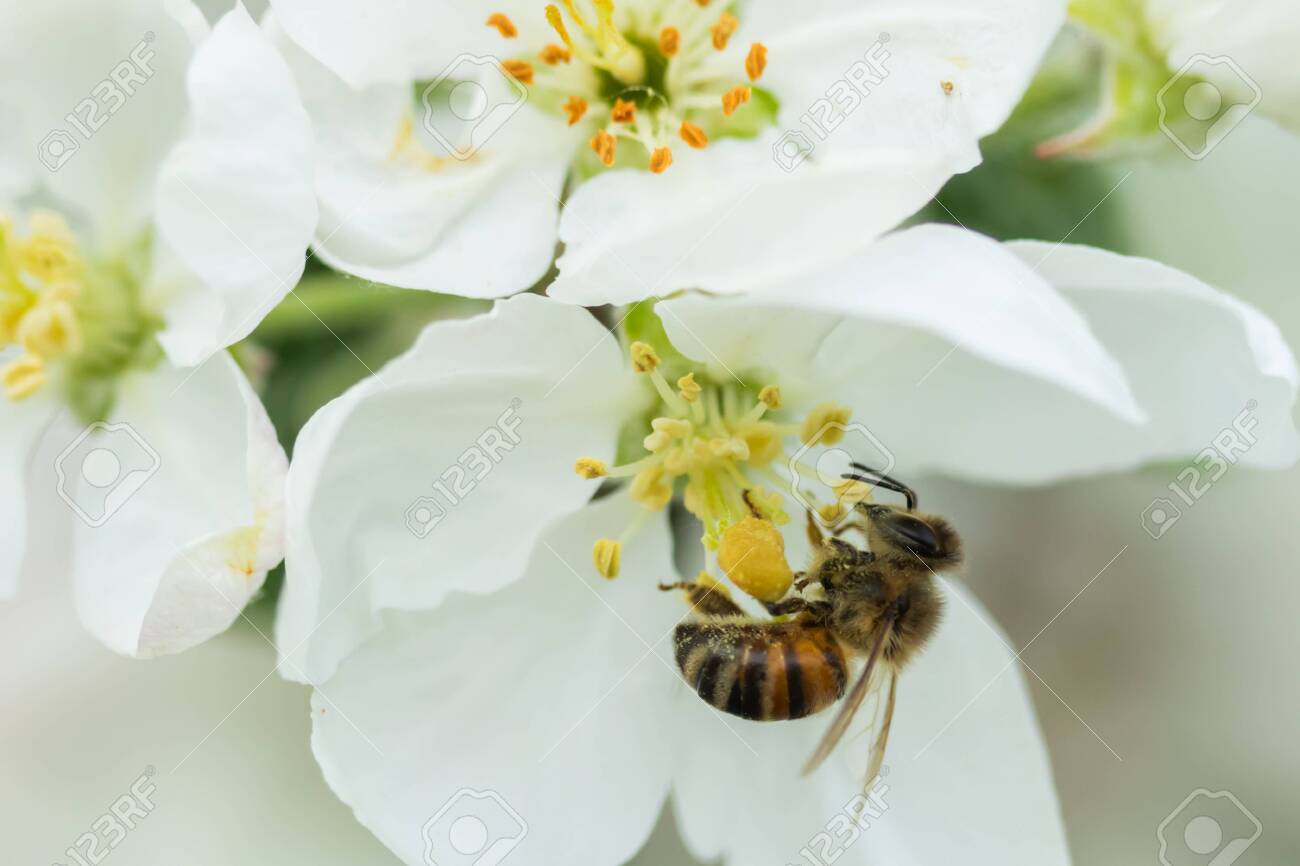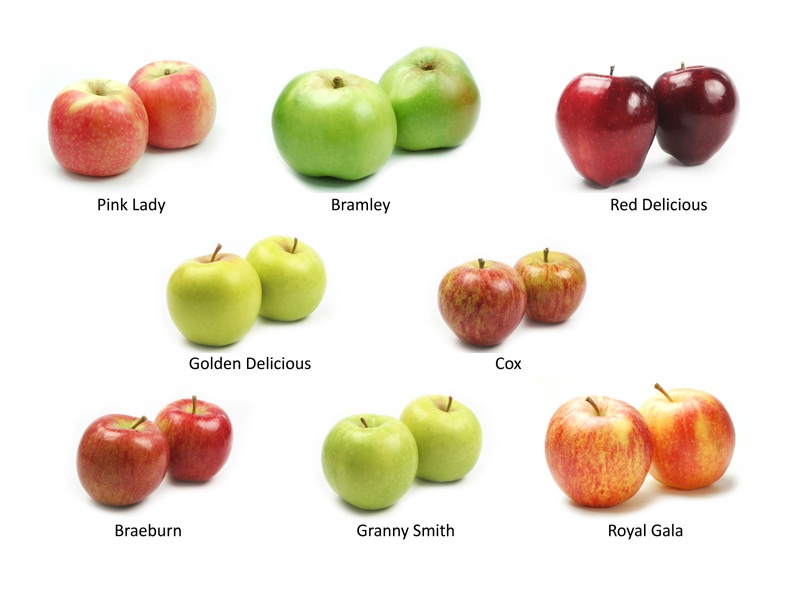Cider is a beloved alcoholic beverage that has been enjoyed for centuries. It is made from the fermented juice of apples, and it can be found in a variety of flavors and styles. One of the most intriguing aspects of cider is the difference between young and aged ciders. In this blog post, we will explore the art of aging cider, what makes aged cider unique, and how it differs from young cider.
The Fermentation Process
Before we dive into the differences between young and aged cider, it’s essential to understand the fermentation process. When making cider, apples are crushed to release their juice, which is then left to ferment. Yeast is added to the juice, and it eats the natural sugars in the apples, creating alcohol as a byproduct. The resulting liquid is then filtered and bottled, creating cider.
Young Cider
Young cider is typically bottled shortly after fermentation is complete. It has a fresh, fruity flavor that is similar to apple juice, with a slight alcoholic kick. Young cider is usually light and effervescent, making it a popular choice for those who enjoy a refreshing drink.
Young cider is typically consumed within a few months of bottling, as it can quickly lose its freshness and flavor. If left too long, it can develop a sour or vinegary taste, which is not very pleasant.
Aged Cider
Aged cider is a different story altogether. This type of cider is left to mature for an extended period, allowing it to develop complex flavors and aromas. The aging process typically takes place in wooden barrels, which impart additional flavors to the cider. The longer the cider is aged, the more depth and complexity it develops.
Aged cider is typically darker in color than young cider, with a rich, smooth flavor. It often has a woody or earthy taste, with hints of vanilla or caramel. Aged cider is usually still, rather than effervescent, and is often served at room temperature.
The Aging Process
The aging process for cider is similar to that of wine. The cider is left to mature in wooden barrels, which allows it to absorb the flavors and aromas of the wood. The type of barrel used can also have an impact on the flavor of the cider. Oak barrels, for example, are often used for aging cider, as they impart a vanilla or caramel flavor to the liquid.
The length of time that cider is aged can vary, depending on the desired flavor profile. Some ciders are aged for just a few months, while others may be aged for several years. During the aging process, the cider may be periodically checked and topped off to ensure that it doesn’t oxidize or spoil.
The Difference Between Young and Aged Cider
The primary difference between young and aged cider is the flavor profile. Young cider is light and refreshing, with a fruity taste. Aged cider, on the other hand, is more complex, with a rich, woody flavor. The aging process also gives the cider a smoother mouthfeel, making it a more luxurious drinking experience.
Another significant difference between young and aged cider is the alcohol content. Young cider typically has a lower alcohol content than aged cider, as the alcohol content increases as the cider matures.
Conclusion
Cider is a versatile and enjoyable beverage that can be enjoyed in a variety of styles. While young cider is fresh and fruity, aged cider is a more complex and luxurious experience. The aging process allows the cider to develop a rich, smooth flavor that is unlike anything else. Whether you prefer young or aged cider, there is no
denying that the art of aging cider is a unique and fascinating process that adds depth and complexity to this beloved beverage.
If you’re interested in trying aged cider for yourself, there are a few things to keep in mind. First, aged cider can be harder to find than young cider, as it’s a less common style. Second, aged cider is often more expensive than young cider, as the aging process requires more time and resources. However, if you’re a fan of complex, full-bodied beverages, it’s well worth seeking out.
In conclusion, the art of aging cider is a time-honored tradition that has been enjoyed for centuries. Whether you prefer young or aged cider, there’s no denying that cider is a versatile and enjoyable beverage that has something to offer everyone. So next time you’re in the mood for a refreshing drink, consider trying a cider, and see if you can taste the difference between young and aged.




